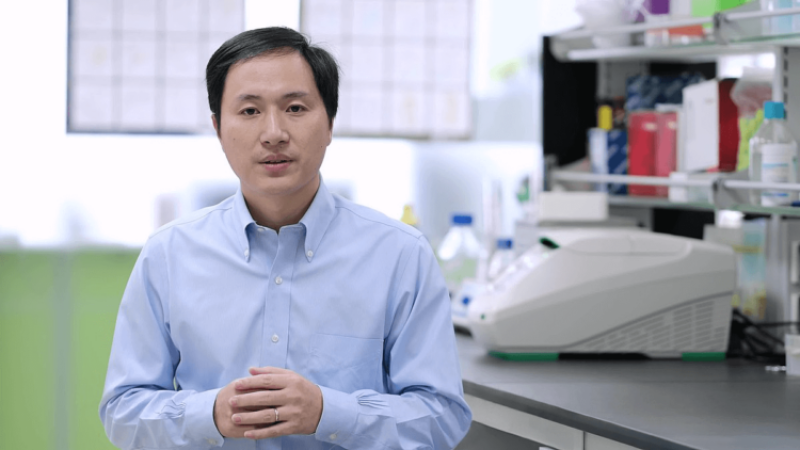In 2018, Chinese researcher He Jiankui announced the birth of the world’s first genome-edited babies, and was subsequently imprisoned in China. In his first solo interview with Japanese media, he revealed to the Mainichi Shimbun that he has resumed research on human embryo genome editing for the treatment of genetic diseases while adhering to international rules, and claimed “society will eventually accept it.”
His renewed enthusiasm for research that breaks the bioethical taboo against artificially rewriting genes could have wide-ranging repercussions.
Jiankui told the Mainichi he aims to treat rare genetic diseases such as Duchenne muscular dystrophy and familial Alzheimer’s disease using genome editing in human embryos. After his release, he reportedly established three laboratories in China, including in Beijing and Wuhan, and resumed his research. “We will use discarded human embryos and comply with both domestic and international rules,” he explained, denying any current intent to produce more genome-edited babies.































